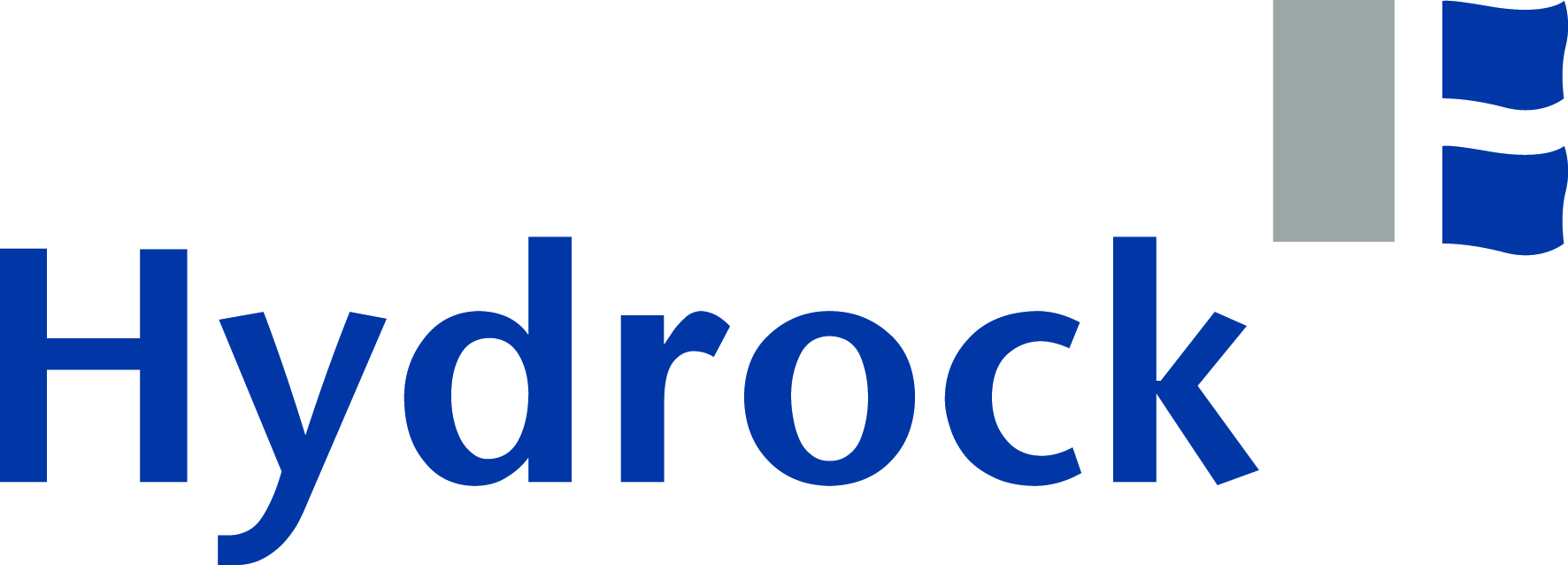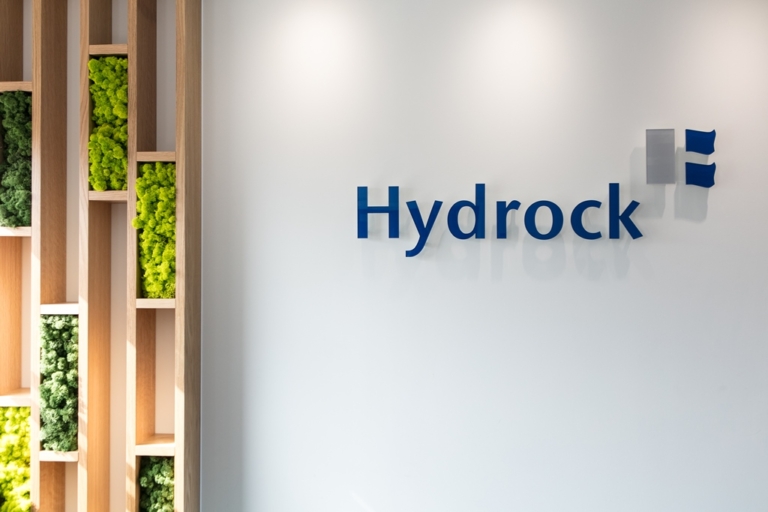Why the new Recovery Loan Scheme is unlikely to stem the flow of insolvencies

Following the highly successful Bounce Back Loan Scheme (BBLS), which helped small businesses deal with the impact of Covid-19, the Chancellor introduced a Recovery Loan Scheme (RLS) in April 2021.

Designed to help SMEs move beyond the pandemic with access to vital funding, the original RLS came to an end in June 2022. A new iteration of the Recovery Loan Scheme has recently been launched, however, and there’s a key change to the terms and conditions. Here, we consider how the new Recovery Loan Scheme works, and why it’s likely to be less successful than the Bounce Back Loan Scheme and have little effect on business distress in the coming months and years.
What is the new Recovery Loan Scheme?
The new scheme starts on 1st August 2022, and is set to remain in place until 30th June 2024. It offers businesses the same range of funding options to support cash flow, including term loans and overdrafts, invoice and asset finance.
So will these Recovery Loans provide the much-needed boost for businesses in a similar way to the Bounce Back Loan Scheme? A key condition of acceptance has changed, which may jeopardise its success at a time of rising insolvencies.
A personal guarantee is now required to gain access to funding through the Recovery Loan Scheme, which could pose a serious issue for company directors on a personal level. The government does offer a guarantee of 70 per cent to the lender, but as was previously the case, liability for repayment remains 100 per cent with the borrower.
Why are the new Recovery Loans unlikely to help struggling businesses?
The requirement to provide a personal guarantee is a key disadvantage for directors of companies already struggling to survive. As the government guarantee is only 70 per cent, lenders will pursue directors to recover unpaid loans if a business fails, leaving them at serious risk of personal bankruptcy.
Risks may be mitigated to some extent if lenders are open to negotiation on the level of personal guarantee prior to signing, but flexibility in this respect is by no means certain. For this reason, it’s always advisable for directors to seek professional guidance before providing a personal guarantee, even if their business is showing strong signs of growth.
So with the take-up of recovery loans slow, the number of insolvencies that occur in the coming months may reflect the reality of conducting business with limited government support, coupled with the fragile nature of our economy.
A considerable rise in insolvencies is likely
As a result of factors including rising operational costs and lack of effectual financial support from the government, Begbies Traynor expects the number of corporate insolvencies to rise significantly.
So-called ‘zombie companies’ that aren’t financially or operationally viable in the long-term, and have been artificially ‘propped up’ in an environment where low interest rates are the norm, may flounder and fail with lack of effective assistance.
For SMEs that are fundamentally sound, however, the outlook may have been brighter if the Recovery Loan Scheme was less restrictive and more attractive from a borrower’s point-of-view - in essence, if it didn’t place directors’ personal assets at risk.
Applications for the new Recovery Loan Scheme are currently low, and without effective government support for the SMEs that are the life-blood of the economy, we may be heading towards a tidal wave of insolvencies and a full recession in the UK.














